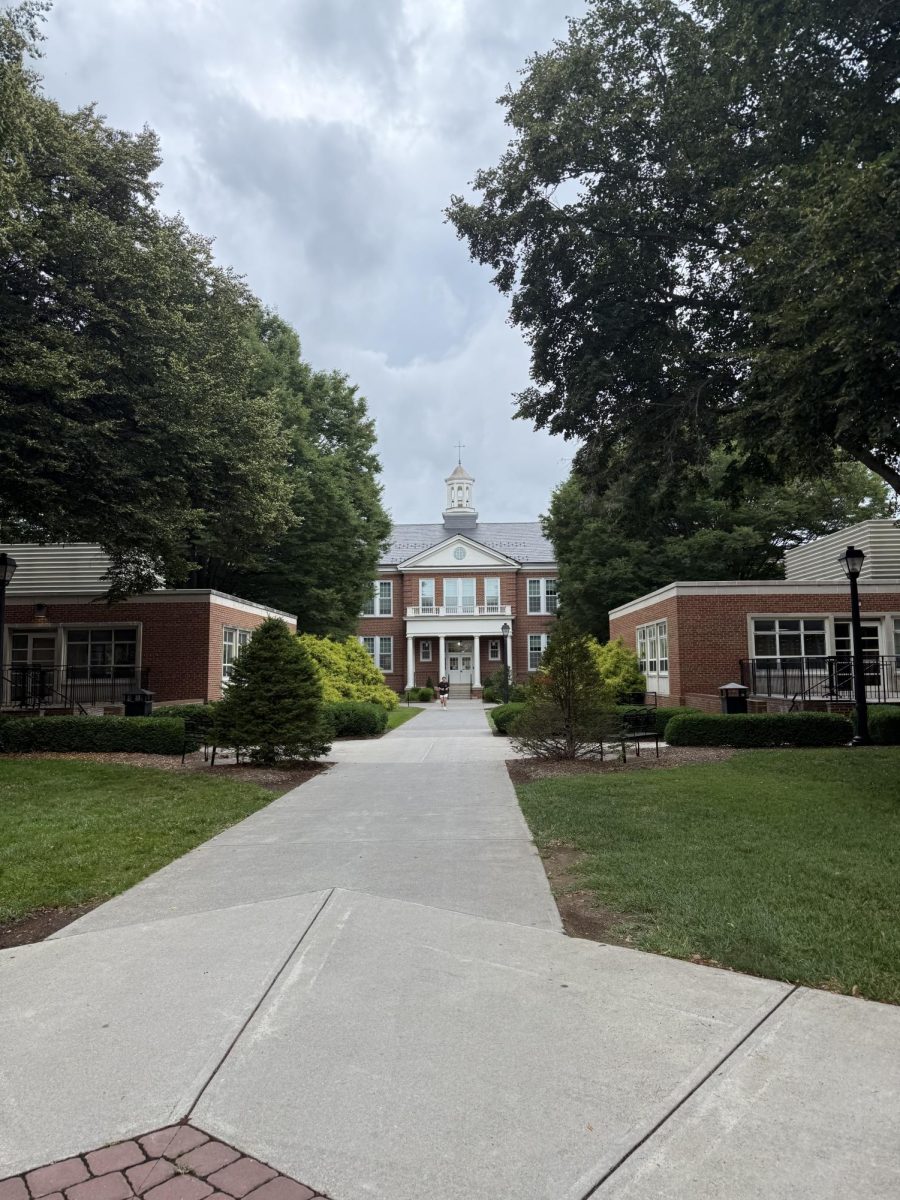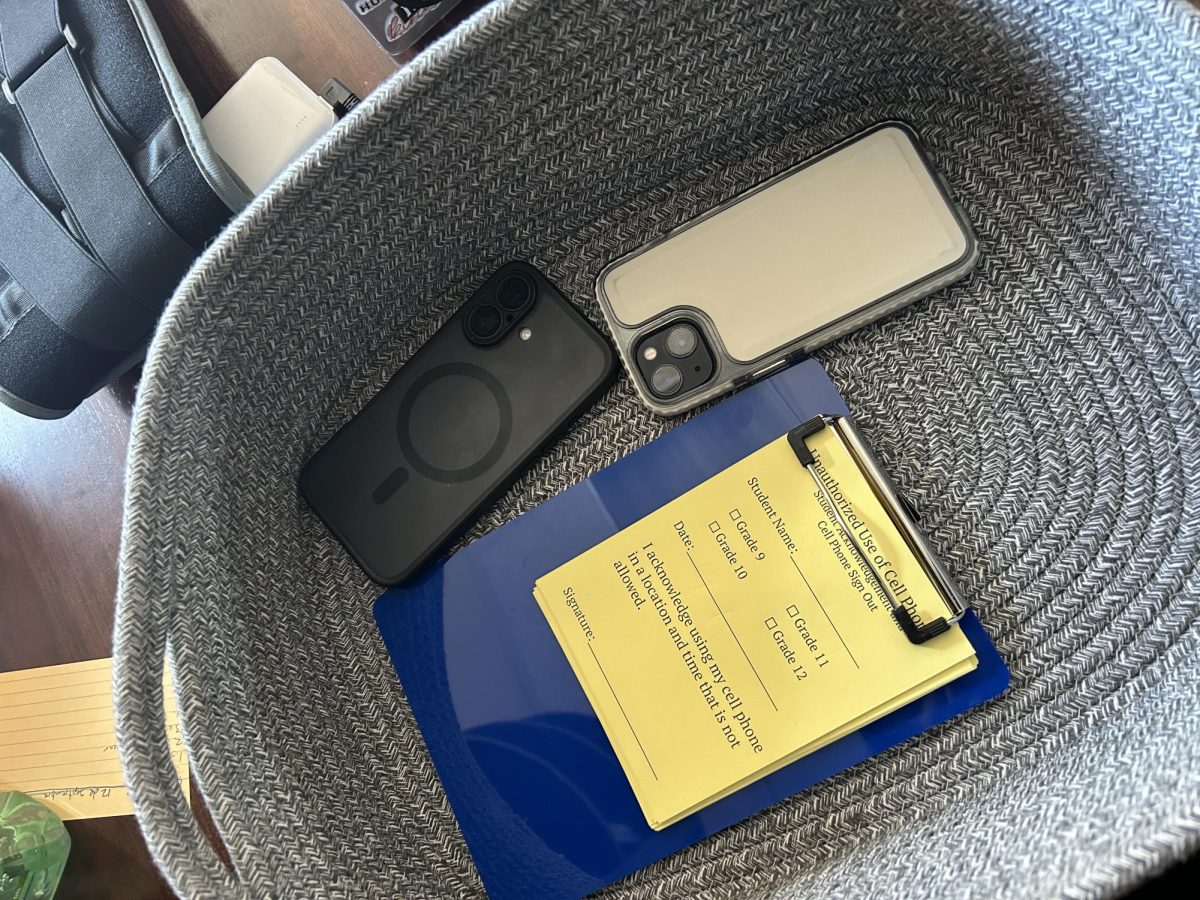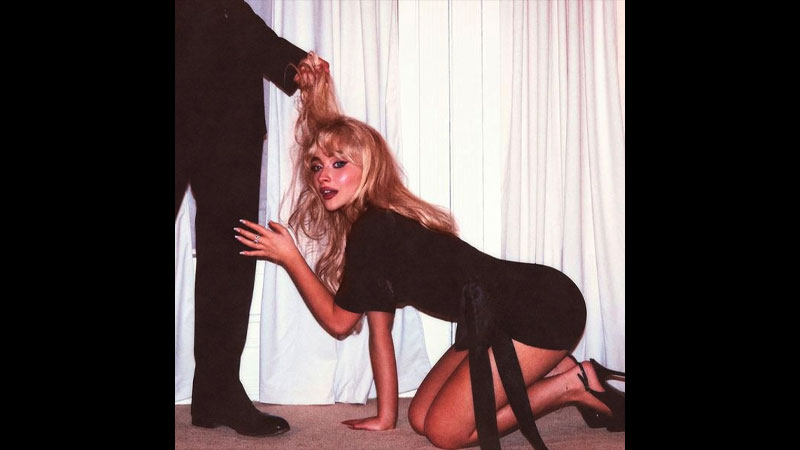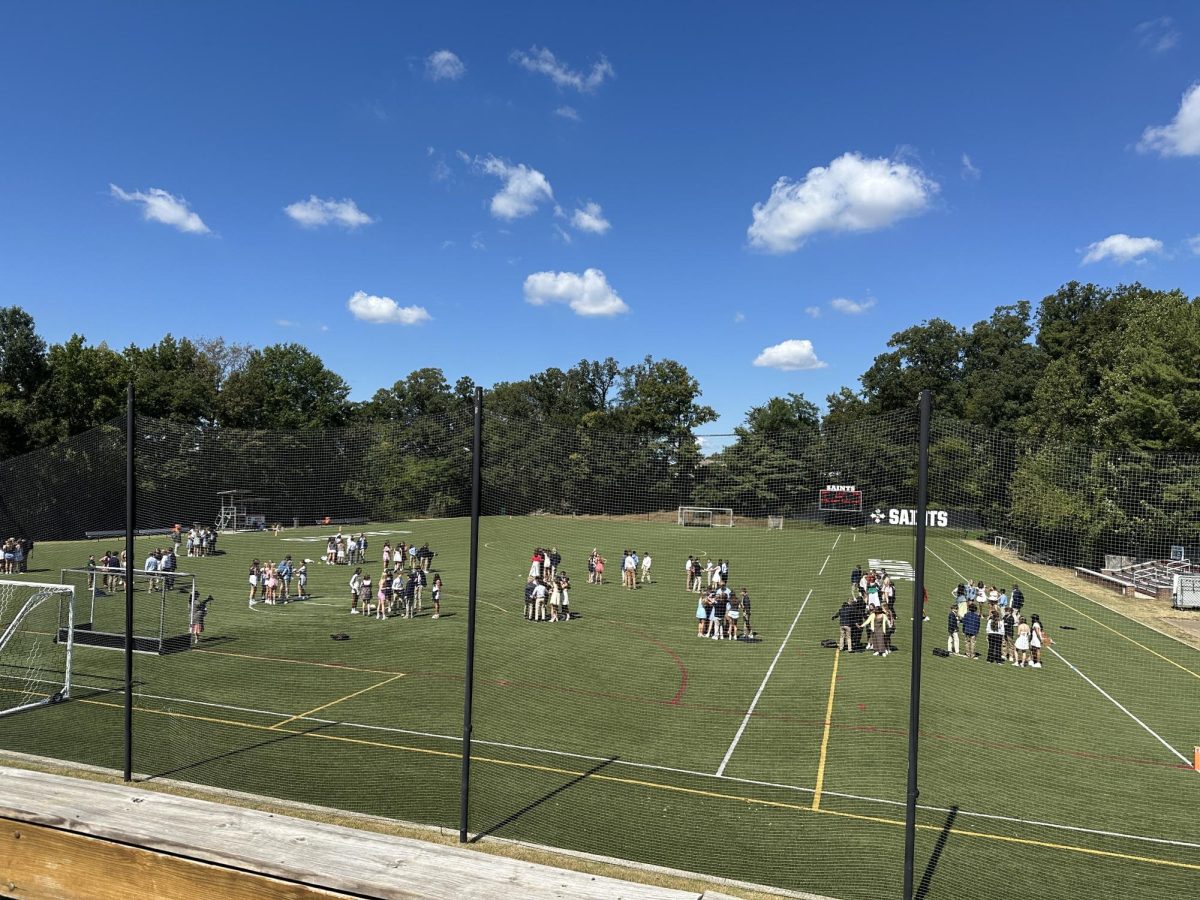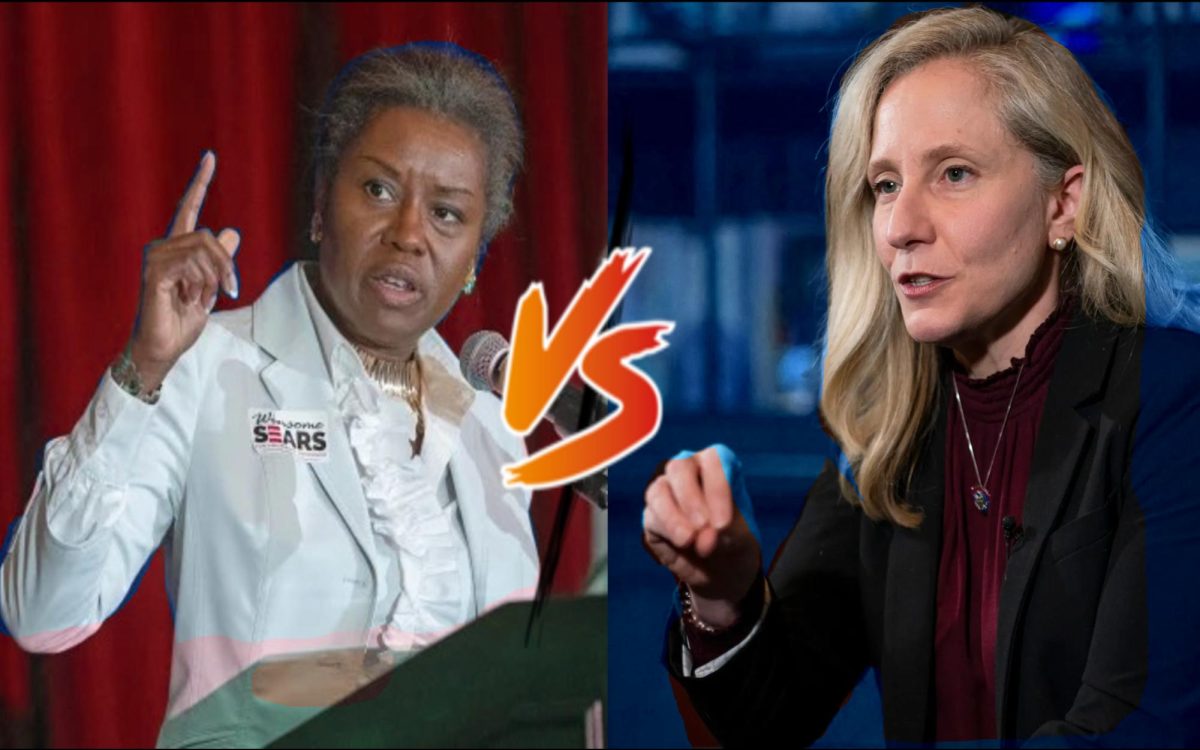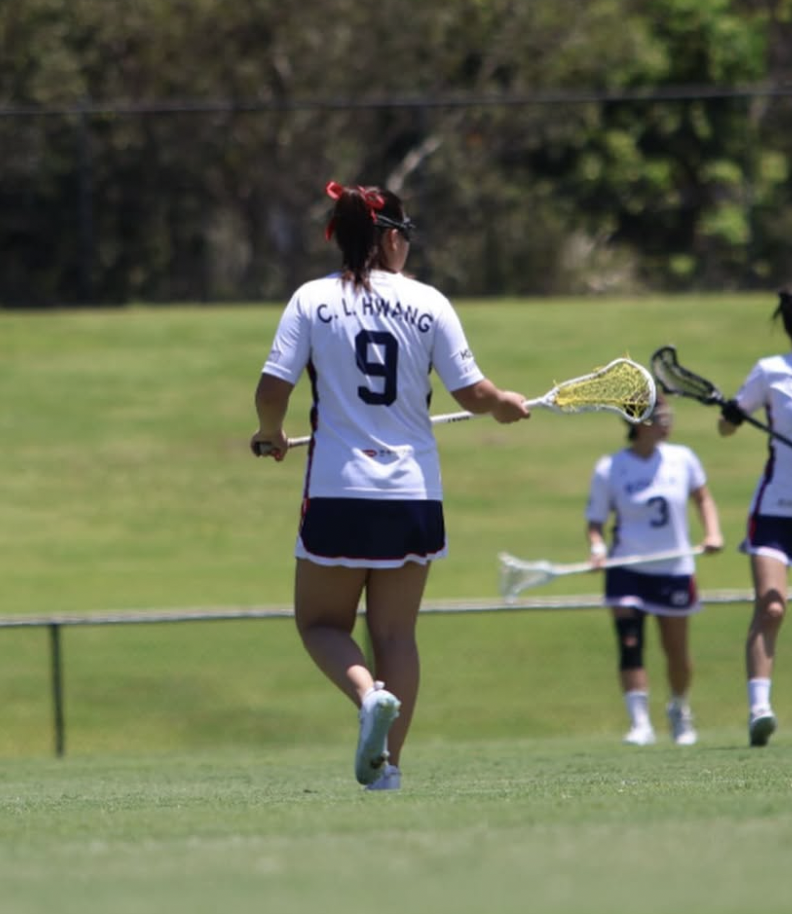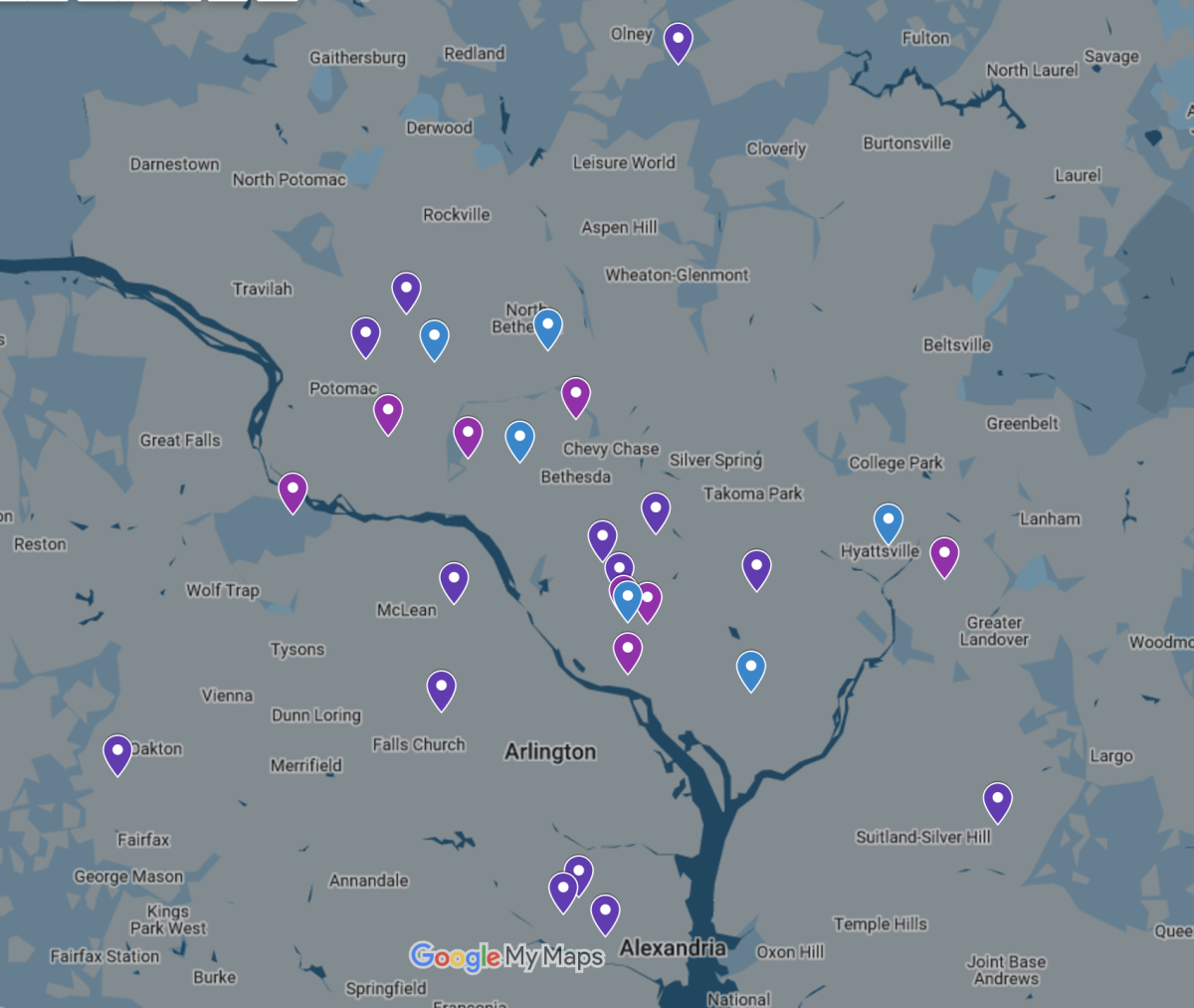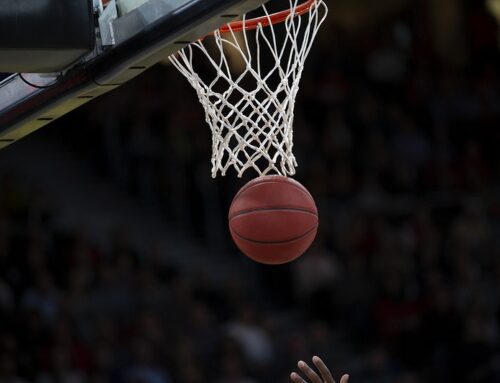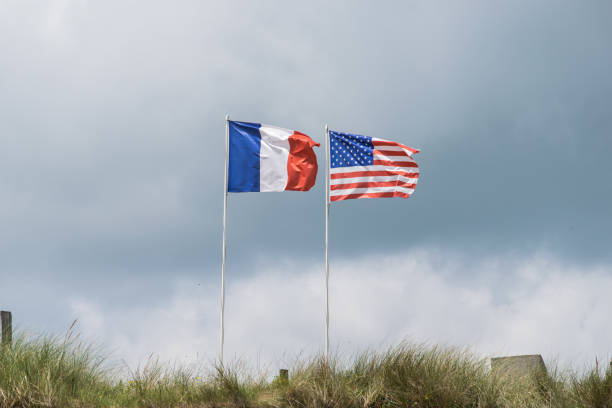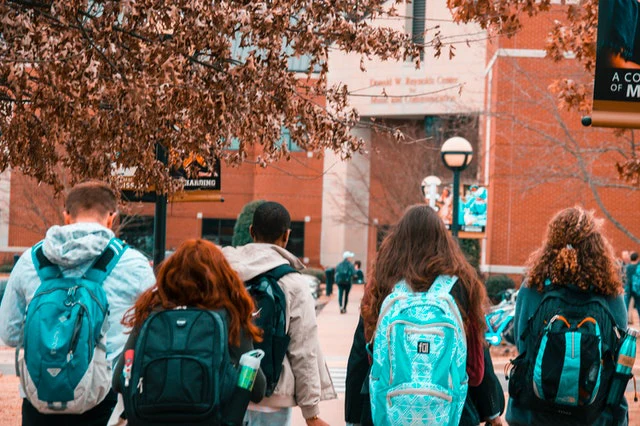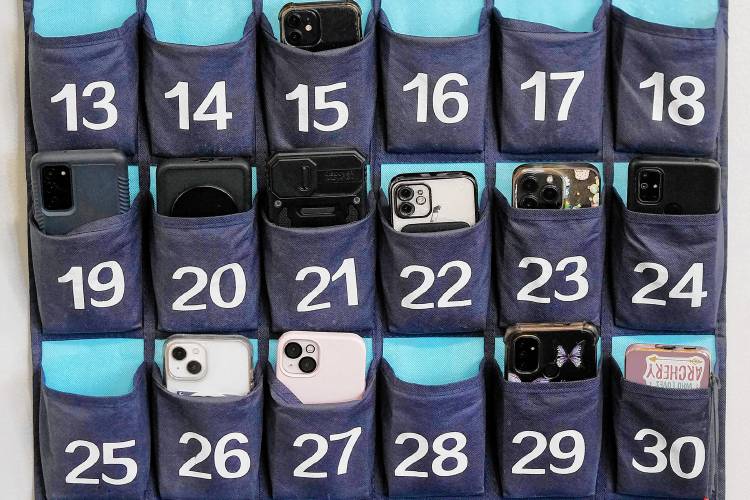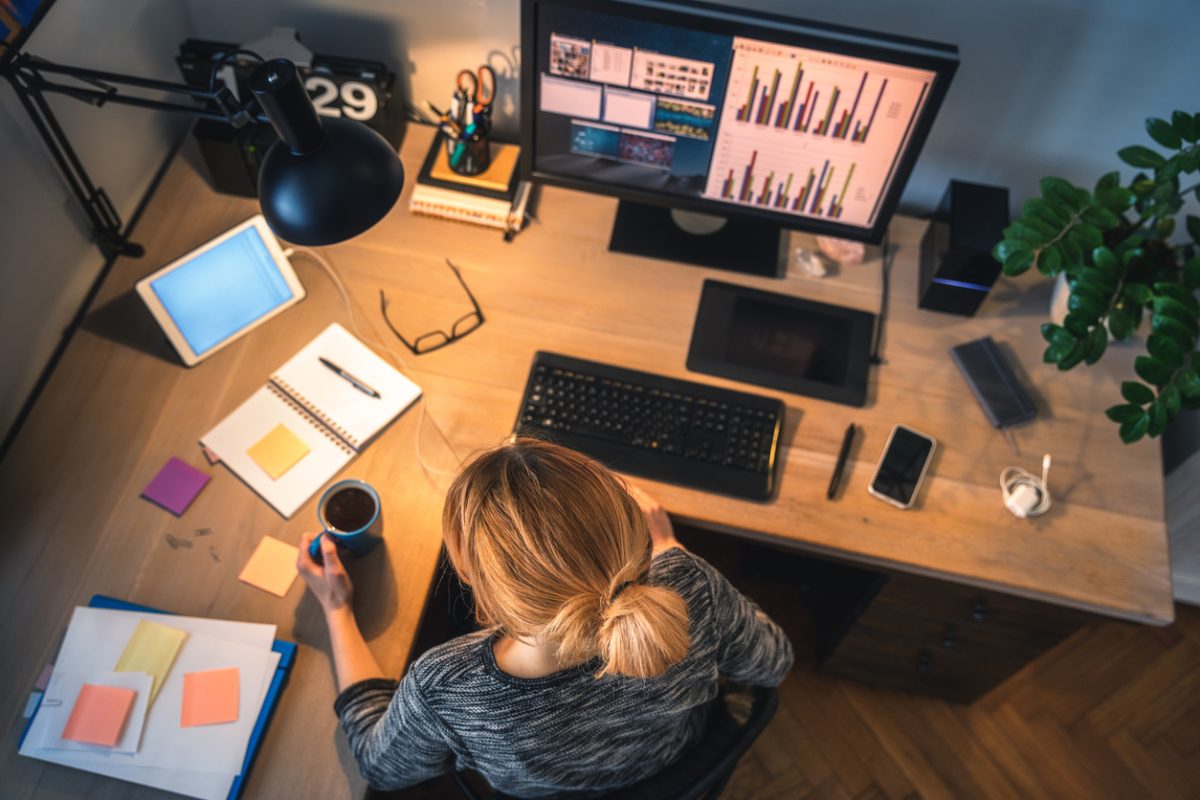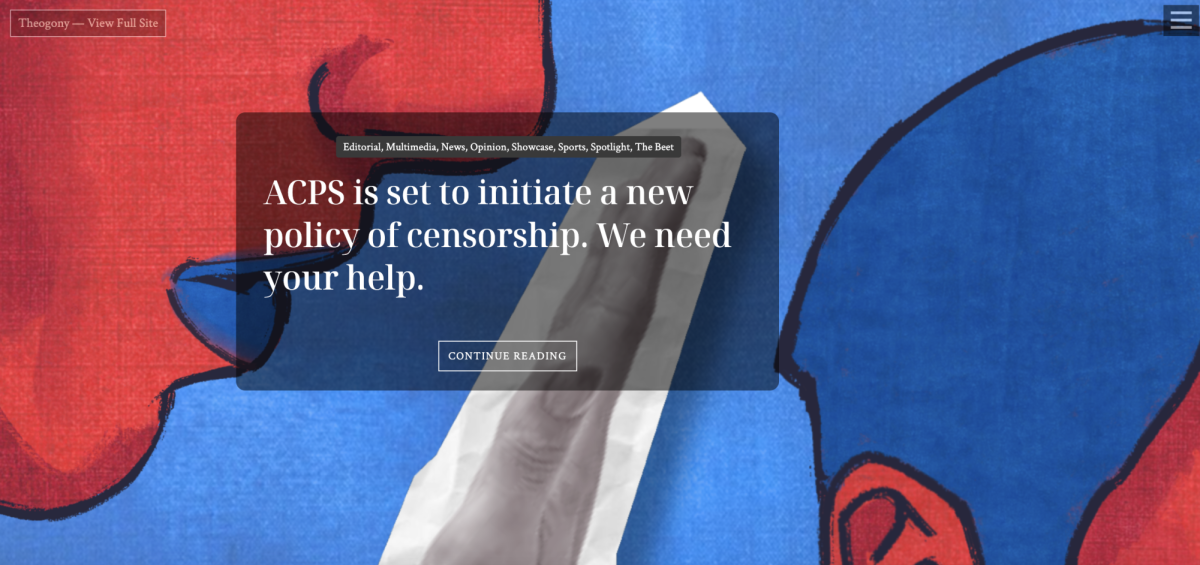In a dark smokey room filled with flashing colored lights, someone walks up to you and offers a mystery pill. They pressure you to take it “just this once.”
Many students picture this type of scene when talking about peer pressure. But you probably will not face peer pressure in this way.
Instead you may be sitting with a group of friends when someone in the group pulls out a bag of weed. You may be at a party when your classmate hands you a drink. You may be sitting with a close friend when they make a move.
In all these cases, it’s not as easy as just saying no.
In a human brain there is a system that releases the chemical dopamine. This chemical causes humans to feel pleasure and is activated by positive experiences such as eating your favorite food or getting a compliment.
A teen’s brain is highly sensitive to social awareness and receives dopamine from social acceptance. This explains why teens are so susceptible to peer pressure, their brains crave dopamine.
Once the brain is simulated with dopamine it craves more, which can lead to teens continuing to put themselves in questionable situations simply to continue to receive that dopamine rush.
85% of high school students face peer pressure in all different ways, according to the National Library of Medicine.
When interviewing some Saints, one student told the story of a friend who continually pressured them to drink alcohol. This friend had no access to alcohol by themselves and relied on other peers to provide it. So eventually the student was asked to bring alcohol to their friend’s house. The student felt uncomfortable with this, and lied to say they had no alcohol.
Another student recounted the time they felt forced to tell a secret to a group of people. Though they resisted at first with lots of persistence, they gave in.
There are plenty of excuses to use to get out of a peer-pressured situation.
Responding to these situations is something that has failed to be addressed in school. Many times authority figures preach just say no, but sometimes it’s not as simple.
Instead students need to plan ahead different actions they can take to avoid peer pressure all together, and get out of risky situations.
It’s much easier to stay away from these situations than it is to get out of them. Being surrounded with people who have the same opinions on risky behaviors, means you will most likely not fall into them. As school counselor Ms. Russell-Porte says “To a certain degree, I believe that peer pressure is somewhat unavoidable BUT it is something that a person can protect themselves from by having a trusted and sound group of friends and peers who try actively to not participate in peer pressure behaviors.”
If you suspect that behaviors you are uncomfortable with, you can simply give excuses as to why you can’t attend.
Once students are in these situations, instead of saying no they could say “not right now.” They could put the blame on someone else by saying something along the lines of “ my coach would kill me,” or “my moms already mad at me.”
Teens often don’t mean to pressure their peers. Ms. Russell-Porte states “[Peer pressure] could happen for varying reasons, and while I believe that it often happens unintentionally, unfortunately that is not always the case and it can cause significant harm and damage.”
